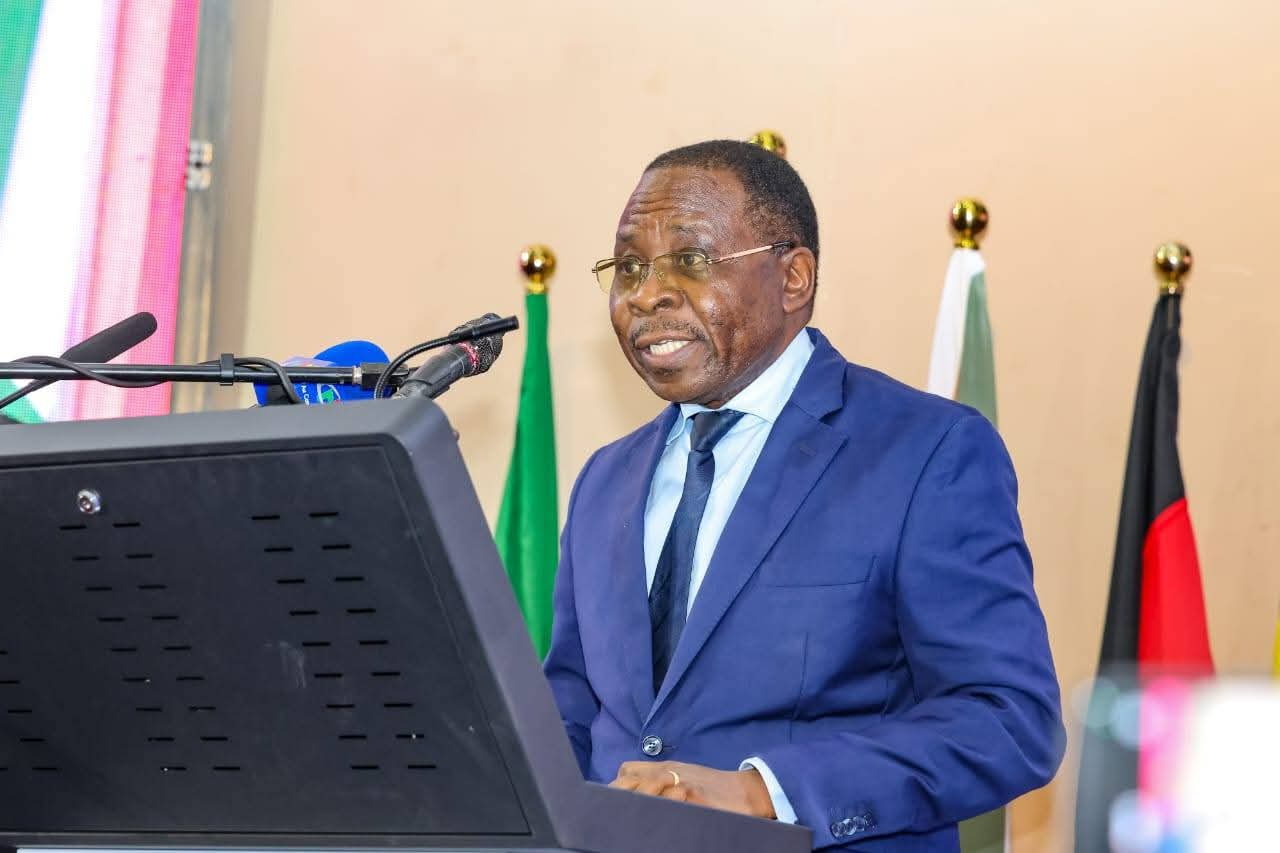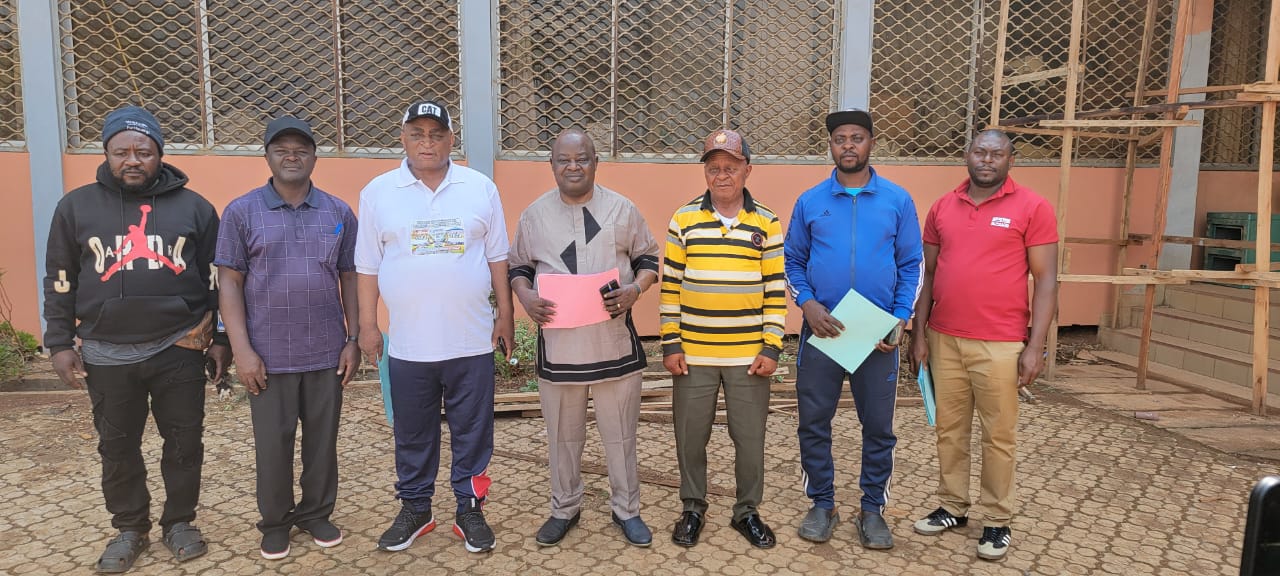Armed non-state groups are increasingly using unconventional weapons such as IEDs in their conflict with regular armies.The threat from them is more real than imagined.
Police officials in Beni, a town in the northeast of the Democratic Republic of Congo (DRC), acknowledge this.
In 2021, on the evening of the Christmas celebrations, a device exploded in a bistro in the town, killing six people and injuring a dozen.
A year later, the city is still under the threat of Improvised Explosive Devices (IEDs).
To deal with this, the police of the United Nations Organisation Mission in the Democratic Republic of Congo (UNPOL) organised a training for Beni police officers on Thursday 29 December.
The aim is to strengthen their capacities against the danger from IEDs.
The officers from the United Nations Mine Action Service (UNMAS) taught them how to detect IEDs, what to do when faced with an explosive device and what to avoid.
The notions on securing a place where a suspicious object has been detected were also taught, according to a statement seen by APA on Wednesday.
The mayor of the city, Senior Superintendent Narcisse Muteba Kashale said the training is of paramount importance.
“Last year during the same period, we were attacked by terrorists who planted bombs. We are looking at how to secure the population of the town of Beni,” he explained.
Senior Superintendent Jean-Pierre Wumbi, the police commander in Beni territory, also said he was aware of the threat posed by explosive devices to the civilian population.
“It’s been almost two years since we suffered ADF atrocities, with bombs exploding in Beni town, in Oicha [the territory’s capital], in schools and markets. We have metal detectors. And with the training we’ve had, I think we’re going to try to respond to this need,” the officer said.
This is Monusco’s mandate
Since last year, UNMAS has been organising regular training sessions in Beni on managing the risks from improvised explosive devices.
Last April, Congolese soldiers engaged in operations to track down armed groups in the Beni region were trained in the detection of improvised explosive devices and their dangers.
In July 2021, UNMAS had also sensitised neighbourhood chiefs, members of civil society and civil protection on the same issue.
For the head of the Monusco office in Beni, these training sessions are part of the UN mission’s mandate.
“The aim is to train the police and the population in the management of explosive devices. We are in a period of festivity. We had a meeting with the mayor of the city and other security officials to discuss how we can secure the city together to spare the population. This training is very important. It is part of our new mandate which asks Monusco to help the state in the reform of the security sector,” Josiah Obat explained.
In the unconventional war being waged by jihadist movements in the Sahel, these homemade bombs haunt the armed and security forces fighting them on a daily basis.
Since the start of the United Nations Multidimensional Integrated Stabilisation Mission in Mali (Minusma) in 2013, IEDs have killed at least 93 peacekeepers (as of June 2022).
As of 31 August, 245 IED attacks were recorded in 2021 and 134 in 2022, with 103 deaths in 2021 and 72 in 2022.
“Almost three quarters of the victims are among the ranks of the Malian army and international forces, and more than a quarter among civilians,” MINUSMA said in a report.




